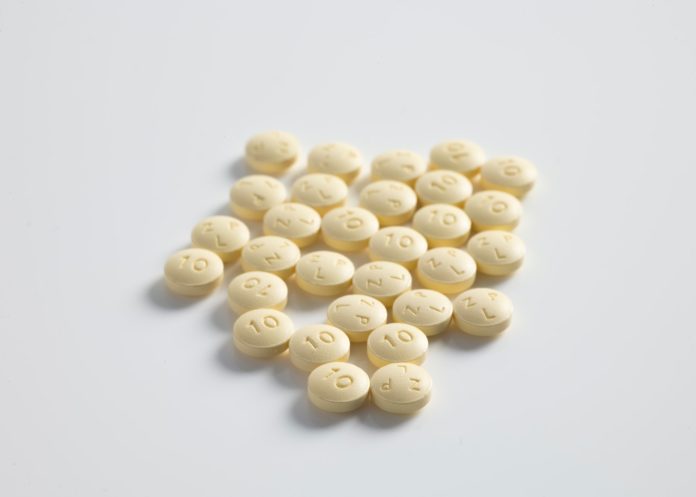The thyroid gland is an endocrine organ responsible for synthesizing and secreting hormones that are vital for the body to perform its activity. When there are problems with it, it is necessary to use medications to regulate hormonal levels: one of them is levothyroxine.
Levothyroxine is the active principle of a drug known commercially as Eutirox ®, which is used to treat diseases related to the thyroid gland. These are synthetic thyroid hormones that simulate the action of those made by the body.
The use of this medicine is more frequent than is believed and, although its intake is oral, it can also be administered intravenously. Clock here at https://ukmeds.co.uk/levothyroxine/ for the details.
What is levothyroxine for?
This drug is the therapeutic option par excellence to treat hypothyroidism, a condition characterized by a lacking production of hormones by your thyroid gland. In this way, levothyroxine is able to raise hormone levels in the blood and reduce symptoms. Various studies estimate that 6% of the population suffers from it. So there is a large number of individuals who ingest this drug around the world.
Efficacy in the treatment of goiter or pathological enlargement of the thyroid gland has also been demonstrated. A reduction in size was evidenced in 25% of the cases. Finally, levothyroxine is also used in congenital hypothyroidism and after thyroid surgery.
How does this medicine work?
The drug is made up of synthetic hormones that seek to perfectly mimic the effect that natural hormones (triiodothyronine and thyroxine) generate in the body. In this sense, they may increase their levels in the blood and counteract the effects of the deficit.
The synthetic compound is able to bind to the same receptor as thyroid hormones, generating similar responses. In this way, among the effects that levothyroxine causes in the body, the following stand out:
- Increases protein and carbohydrate metabolism.
- Speeds up basal metabolism.
- Increases cardiac output.
- Increases lipolysis or degradation of fatty tissue.
Thyroid hormones are related to the growth and development of muscle and bone tissue, so low blood levels are often associated with poor growth. In addition, symptoms such as depression, lack of energy, dry skin and hair loss can also occur due to its lack.











